Dry molasses
scorpiontackle
17 years ago
Related Stories

GARDENING GUIDESHow to Switch to an Organic Landscape Plan
Ditch the chemicals for a naturally beautiful lawn and garden, using living fertilizers and other nontoxic treatments
Full Story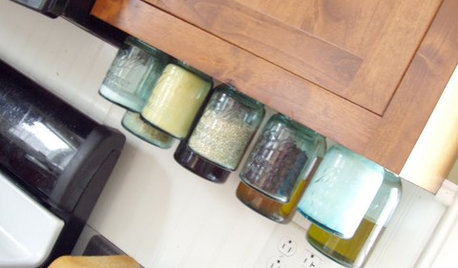
KITCHEN DESIGNGet Organized: Easy DIY Mason Jar Storage
Create a clever under-cabinet pantry system with pretty vintage jars
Full Story
SAVING WATERXeriscape Gardens: How to Get a Beautiful Landscape With Less Water
Conserve water and make gardening much easier with the xeriscape approach’s 7 principles
Full Story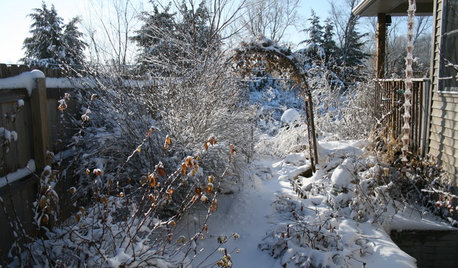
LIFE6 Ways to Beat the Winter Blahs
Snow and dark days dampening your spirits? These ideas will have you looking on the bright side
Full Story
DECORATING GUIDESWhat You Need to Know Before Painting Brick
Sure, painted brick can be a great look. But you need to take some risks into account. Here's how to paint brick like a pro
Full Story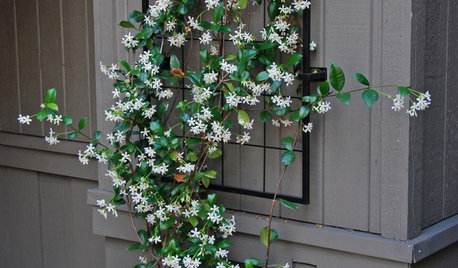
FEEL-GOOD HOMESimple Pleasures: Scent and Memory
Fragrant jasmine, fresh-brewed coffee, baking bread. Scents can evoke memories and bring sensory pleasure to our homes
Full Story
KITCHEN WORKBOOK8 Kitchen Amenities You'll Really Wish You Had
Keep kitchen mayhem and muck to a minimum with these terrific organizers and other time-saving, mess-preventing features
Full Story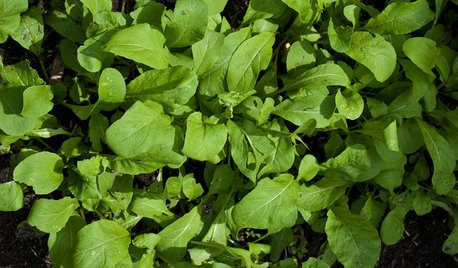
COOL-SEASON CROPSCool-Season Vegetables: How to Grow Salad Greens
From arugula to radicchio, greens have taken a top spot on the table and in fall and winter gardens. See how to start growing them now
Full Story
MOST POPULAR7 Ways to Design Your Kitchen to Help You Lose Weight
In his new book, Slim by Design, eating-behavior expert Brian Wansink shows us how to get our kitchens working better
Full Story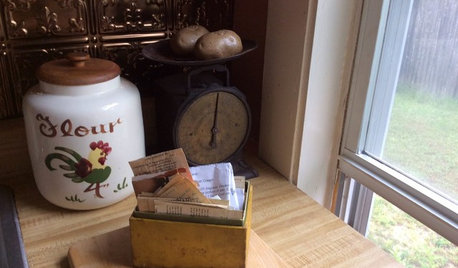
KITCHEN DESIGN5 Home Cooks Share Their Favorite Family Recipes
Peek inside the kitchens of these Houzz users and learn how to cook their time-tested, passed-down dishes
Full Story





oldmainer
captaincompostal
Related Professionals
Holly Springs Landscape Architects & Landscape Designers · Erie Landscape Architects & Landscape Designers · Rossville Landscape Architects & Landscape Designers · Saint Louis Park Landscape Architects & Landscape Designers · Barrington Landscape Contractors · Biloxi Landscape Contractors · Corona Landscape Contractors · Franklin Landscape Contractors · Lees Summit Landscape Contractors · Middletown Landscape Contractors · Oklahoma City Landscape Contractors · Batavia Decks, Patios & Outdoor Enclosures · Fort Myers Decks, Patios & Outdoor Enclosures · Fort Pierce Decks, Patios & Outdoor Enclosures · North Aurora Decks, Patios & Outdoor Enclosurescobalt_blue
dchall_san_antonio
end3
dchall_san_antonio
marylandmojo
lou_spicewood_tx
dchall_san_antonio
countymounty
shorton
lou_spicewood_tx
dchall_san_antonio
sweetpea_2006
lou_spicewood_tx
eswar
oguld04_yahoo_com
logcabiny_yahoo_com